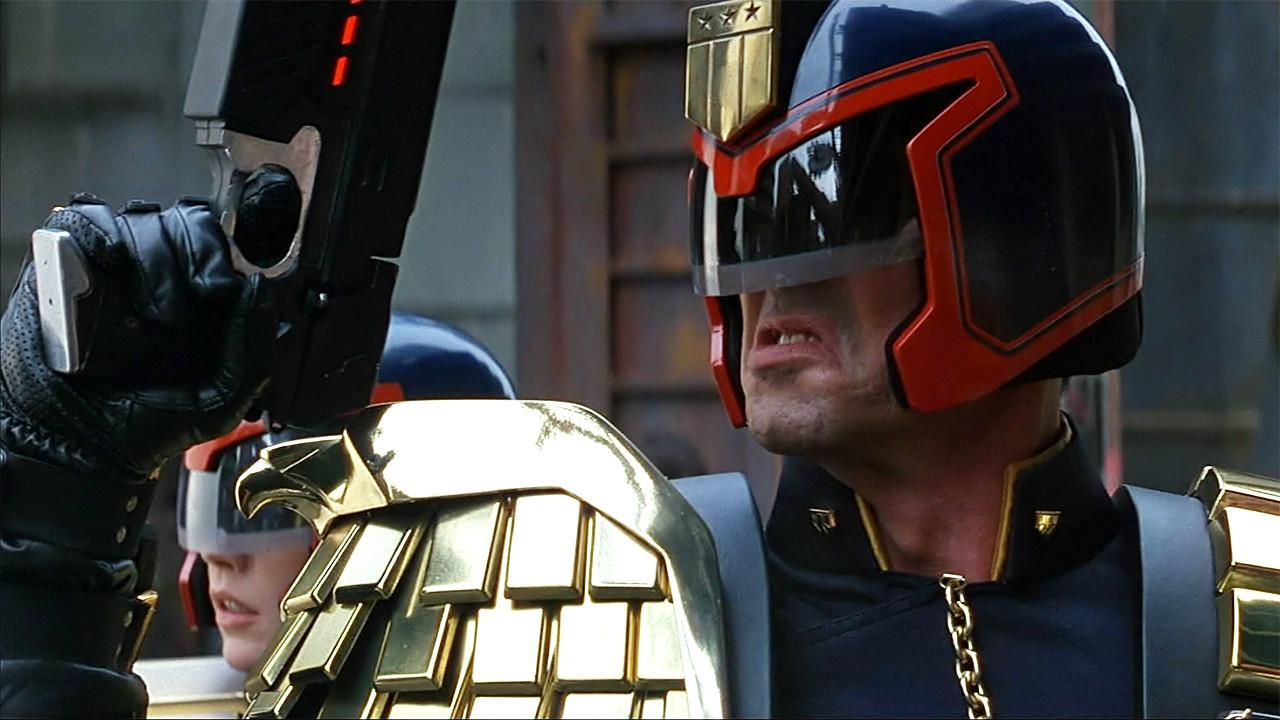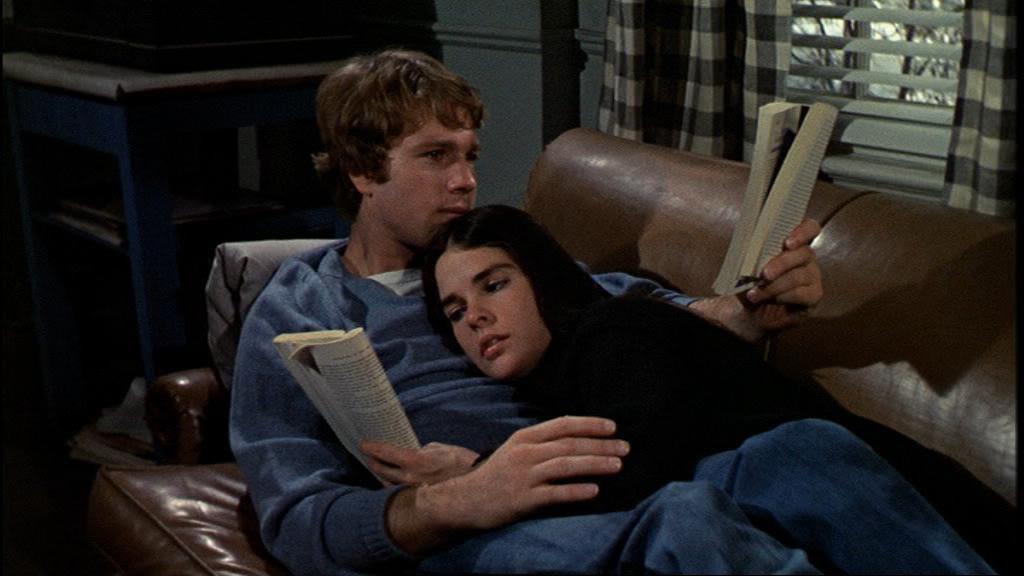#448 - Only God Forgives
Nicolas Winding Refn, 2013

An American criminal living in Bangkok is forced to go on a quest for revenge after his brother is murdered.
If you thought that Drive was a disappointingly slow and ponderous film underneath its seemingly action-packed premise about an expert getaway driver, then avoid this film at all costs. Ostensibly, it's a revenge film about a man (Ryan Gosling) getting revenge for his murdered brother, but of course it's more complicated than that. Said brother was a remorseless degenerate who raped and murdered a teenage girl and was then brutally murdered by the girl's father at the behest of a mysterious man (Vithaya Pansringarm), who then proceeds to mutilate said father for killing someone. Things only get more complicated when Gosling's mother (Kristin Scott Thomas) flies into Thailand and wants nothing more than revenge for her dead son, belittling and manipulating Gosling until he does what she wants.
As you may have gleaned from the previous paragraph, Only God Forgives is a fundamentally unpleasant film with its extremely grey sense of morality that makes virtually all its characters not only too unsympathetic to root for but also too poorly-developed to even halfway care about. Gosling takes the same type of dispassionate yet violent character he played in Drive and exaggerates that character's flaws past the point of good definition, while Thomas makes for one of the most downright despicable characters I've seen in recent memory. It gets to the point where Pansringarm, who is probably the closest thing the film has to a main antagonist (though it's debatable where his character falls on the morality scale) ends up being the most interesting character to watch even as he engages in his own inscrutable acts of extreme violence. Despite being on the lighter side of 90 minutes, the film also drags extremely hard even by Refn's idiosyncratic standards due to its extremely thin vengeance narrative feeling for a movie-length afterthought that is padded by plenty of drawn-out sequences involving Pansringarm. On the other hand, the film's main saving grace ends up being Refn's trademark visual style that emphasises static shots filled with high contrasts and bright colours, soaking almost every frame in lurid neons. While it's entirely possible that I may have missed the point of the film (writing this out certainly makes me think that it's got some strengths that I may not have properly appreciated), that doesn't exactly excuse how dull and reprehensible it manages to be for the most part. Knowing Refn, that's probably the point, but as far as points go, it's one I guess I'd rather miss.
Nicolas Winding Refn, 2013

An American criminal living in Bangkok is forced to go on a quest for revenge after his brother is murdered.
If you thought that Drive was a disappointingly slow and ponderous film underneath its seemingly action-packed premise about an expert getaway driver, then avoid this film at all costs. Ostensibly, it's a revenge film about a man (Ryan Gosling) getting revenge for his murdered brother, but of course it's more complicated than that. Said brother was a remorseless degenerate who raped and murdered a teenage girl and was then brutally murdered by the girl's father at the behest of a mysterious man (Vithaya Pansringarm), who then proceeds to mutilate said father for killing someone. Things only get more complicated when Gosling's mother (Kristin Scott Thomas) flies into Thailand and wants nothing more than revenge for her dead son, belittling and manipulating Gosling until he does what she wants.
As you may have gleaned from the previous paragraph, Only God Forgives is a fundamentally unpleasant film with its extremely grey sense of morality that makes virtually all its characters not only too unsympathetic to root for but also too poorly-developed to even halfway care about. Gosling takes the same type of dispassionate yet violent character he played in Drive and exaggerates that character's flaws past the point of good definition, while Thomas makes for one of the most downright despicable characters I've seen in recent memory. It gets to the point where Pansringarm, who is probably the closest thing the film has to a main antagonist (though it's debatable where his character falls on the morality scale) ends up being the most interesting character to watch even as he engages in his own inscrutable acts of extreme violence. Despite being on the lighter side of 90 minutes, the film also drags extremely hard even by Refn's idiosyncratic standards due to its extremely thin vengeance narrative feeling for a movie-length afterthought that is padded by plenty of drawn-out sequences involving Pansringarm. On the other hand, the film's main saving grace ends up being Refn's trademark visual style that emphasises static shots filled with high contrasts and bright colours, soaking almost every frame in lurid neons. While it's entirely possible that I may have missed the point of the film (writing this out certainly makes me think that it's got some strengths that I may not have properly appreciated), that doesn't exactly excuse how dull and reprehensible it manages to be for the most part. Knowing Refn, that's probably the point, but as far as points go, it's one I guess I'd rather miss.
__________________
Iro's Top 100 Movies v3.0
I really just want you all angry and confused the whole time.




